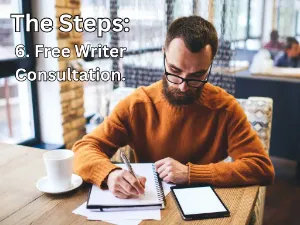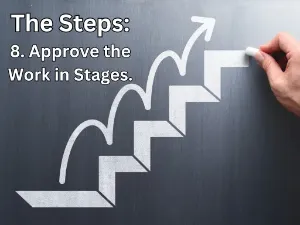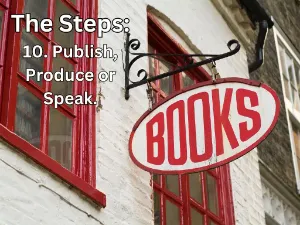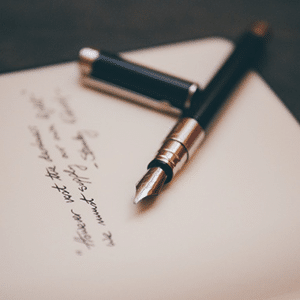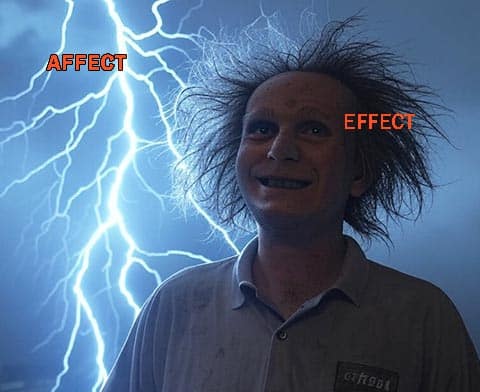
Let’s resolve a headache, the one that has plagued writers since…well, the plague. It is: when to use “affect” versus “effect.” These two little devils look similar, sound similar, and yet they’re as different as a cat and a cactus. So, grab a coffee, and let’s sort this out in a way that won’t make your brain feel like it’s been hit by a rogue plot twist.
I recently finished reading a 500-page book about the legendary HBO mafia series, The Sopranos. The editor did not catch an affect/effect goof. I tweeted the co-author, told him where the mistake could be located, and suggested he notify the publisher.
Literally, everybody stumbles at some point.
First off, “affect” is usually a verb. It’s the action, the doing word. Think of it as the spark that shakes things up in your story. If your character’s sneaky smirk affects the room, it’s stirring something — maybe tension, maybe a swoon. Picture a scene where the hero’s bold speech affects the crowd, riling them up like a swarm of caffeinated bees. That’s “affect” in action, poking the world and making it wiggle.
Now, “effect” is mostly a noun. It’s the result, the aftermath, the “what happened next.” When the villain’s dastardly plan takes effect, you’re talking about the outcome — boom, the castle’s in ruins, and the princess is ticked. It’s the ripple in the pond after you’ve chucked in the stone. Say your protagonist’s wild dance moves have a dazzling effect on the party; that’s the vibe shift, the tangible wow-factor left behind.
Here’s where it gets fun, though; sometimes they swap roles, just to keep us on our toes. “Affect” can moonlight as a noun in fancy psychology talk, like “he displayed a flat affect,” meaning his emotions were as lively as a soggy cracker. And “effect” can sneak into verb territory, as in “she effected a daring escape,” which is a pompous way of saying she pulled it off like a boss. But in storytelling? Stick to the verb-noun rule, and you’ll dodge 90% of the headaches.
Still confused? Try this trick: if you can swap “affect” with “influence” or “effect” with “result,” you’re golden. The storm affected her mood? Yep, it influenced it. The storm’s effect was chaos? Sure, that’s the result. No need to overthink it, unless your character’s a grammar nerd, in which case, let them sweat the details while you sip your victory lemonade.
So, next time you’re crafting that epic tale, remember: “affect” stirs the pot, and “effect” serves the stew. Keep it simple, and you’ll write like a pro without breaking a sweat or a pencil. Happy storytelling!







